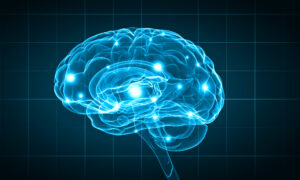
Is CES Safe? What Patients Should Know
When it comes to any new therapy—especially one involving the brain—safety is a top concern. Cranial Electrotherapy Stimulation (CES) may sound technical, but it is in fact one of the most studied and well-tolerated non-invasive neurotherapies available today.
Used for decades in hospitals, clinics, and integrative centers, CES offers a gentle way to manage anxiety, insomnia, and mood imbalance—without drugs or invasive procedures.









